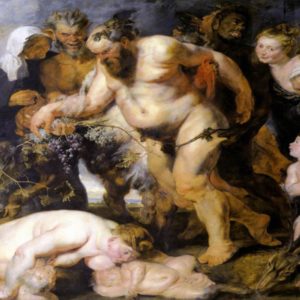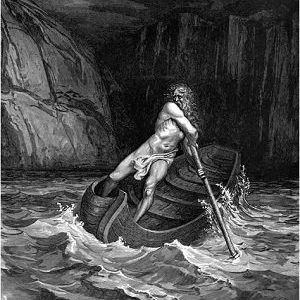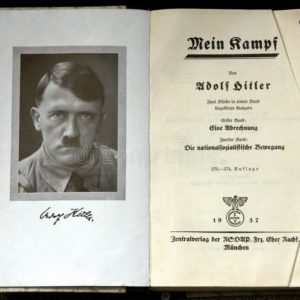
Wallace Stevens in Vietnam
That is the connection between Stevens and Nguyen. Nothing. Both writers are geniuses at revealing the revolutionary power of Nothing, Stevens for the literary, Nguyen for the political imagination. Nothing like nothing releases both imaginations from the dead end of habit and convention.








